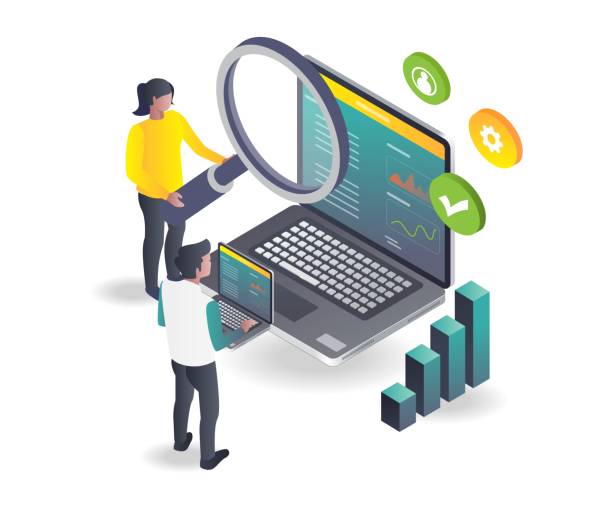
Decision-Making with Data-Driven Intelligence
Artificial Intelligence empowers organizations to turn vast amounts of raw data into actionable insights. Through advanced analytics, machine learning models, and predictive algorithms, AI can identify patterns and trends that are otherwise difficult for human analysts to spot. This enables business leaders to make smarter, faster decisions based on real-time and historical data. Whether it's forecasting market trends, optimizing inventory, or analyzing customer behavior, AI adds precision and strategic value to the decision-making process.
Moreover, AI-driven systems continue to learn and adapt over time, refining their accuracy as more data is processed. This continuous improvement ensures businesses remain agile and responsive to change, reducing the risk of costly missteps. By embedding AI into their decision-making workflows, companies can shift from reactive to proactive strategies, gaining a competitive edge in increasingly complex and dynamic markets.

Intelligent Automation for Streamlined Operations
AI integration enables the automation of routine, repetitive, and time-consuming tasks, allowing human resources to focus on more complex, creative, and strategic responsibilities. From customer service chatbots to intelligent document processing and robotic process automation (RPA), AI-powered systems significantly reduce manual labor and operational bottlenecks. This leads to improved productivity, lower error rates, and faster turnaround times.
Beyond simple automation, AI brings cognitive capabilities—such as natural language understanding, image recognition, and decision logic—to business operations. This means systems can not only execute tasks but also understand context, learn from interactions, and adapt to new situations without explicit programming. As a result, organizations can achieve end-to-end process optimization, ensuring smoother operations and better service delivery across all departments.
Personalized Customer Experiences AI analyzes user behavior and preferences to deliver hyper-personalized content, product recommendations, and interactions. This increases customer engagement and satisfaction.
Scalable Business Solutions AI systems can scale rapidly without proportionate increases in cost. Whether it’s handling thousands of customer queries or analyzing millions of data points, AI adapts to business growth effortlessly.
Improved Risk Management AI helps in identifying risks by analyzing transactional and behavioral data. Financial institutions, for example, use AI for fraud detection, credit scoring, and regulatory compliance.

Real-Time Analytics
AI continuously processes data in real time, providing up-to-the-minute insights and alerts. This is especially useful in fields like manufacturing, logistics, cybersecurity, financial services, education, and governmental institutions.

Cost-Efficient Optimization
By automating tasks and reducing dependency on manual processes, AI leads to significant cost savings. Additionally, it optimizes the use of human and technological resources across departments.

Accelerated Innovation Cycles
AI accelerates product development and testing through simulation, data analysis, and design automation. This shortens time-to-market and fosters continuous innovation.

